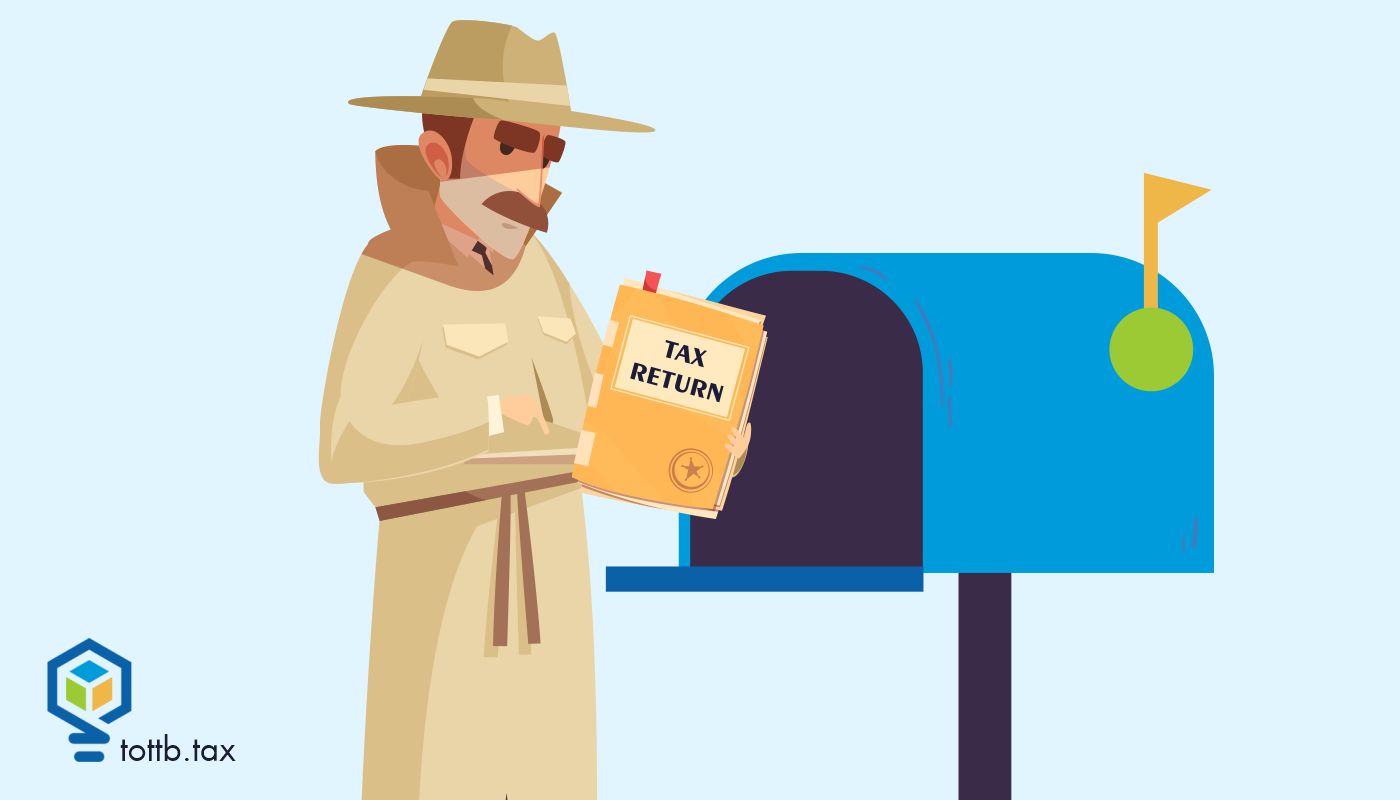I remember trying to explain the dealer versus investor concept to a would-be real estate entrepreneur. I asked him whether he was holding the property for sale. He kind of looked at me and smiled and said “Everything is for sale. It just depends on how much.”. If there is any ambiguity it is easy to know what the answer is after the fact. If there was a big gain relative to expenses then you were an investor. If there was a loss, then you were a dealer. Unfortunately, you really are not supposed to practice that way. I am going to assume that you want investor status and that you are blessed with a gain. What can you do to make sure the IRS respects your investor status?

Intentionally Filing a Defective Tax Return
Creativity on a tax return is a natural tendency. Many strategies and behaviors we know are wrong, e.g. not reporting all income. However, is it ever okay to disregard some deductions and pay more tax? At first glance, it would seem that the IRS should like the idea of more reported income and a higher tax liability attached to the additional income. The IRS does not.





